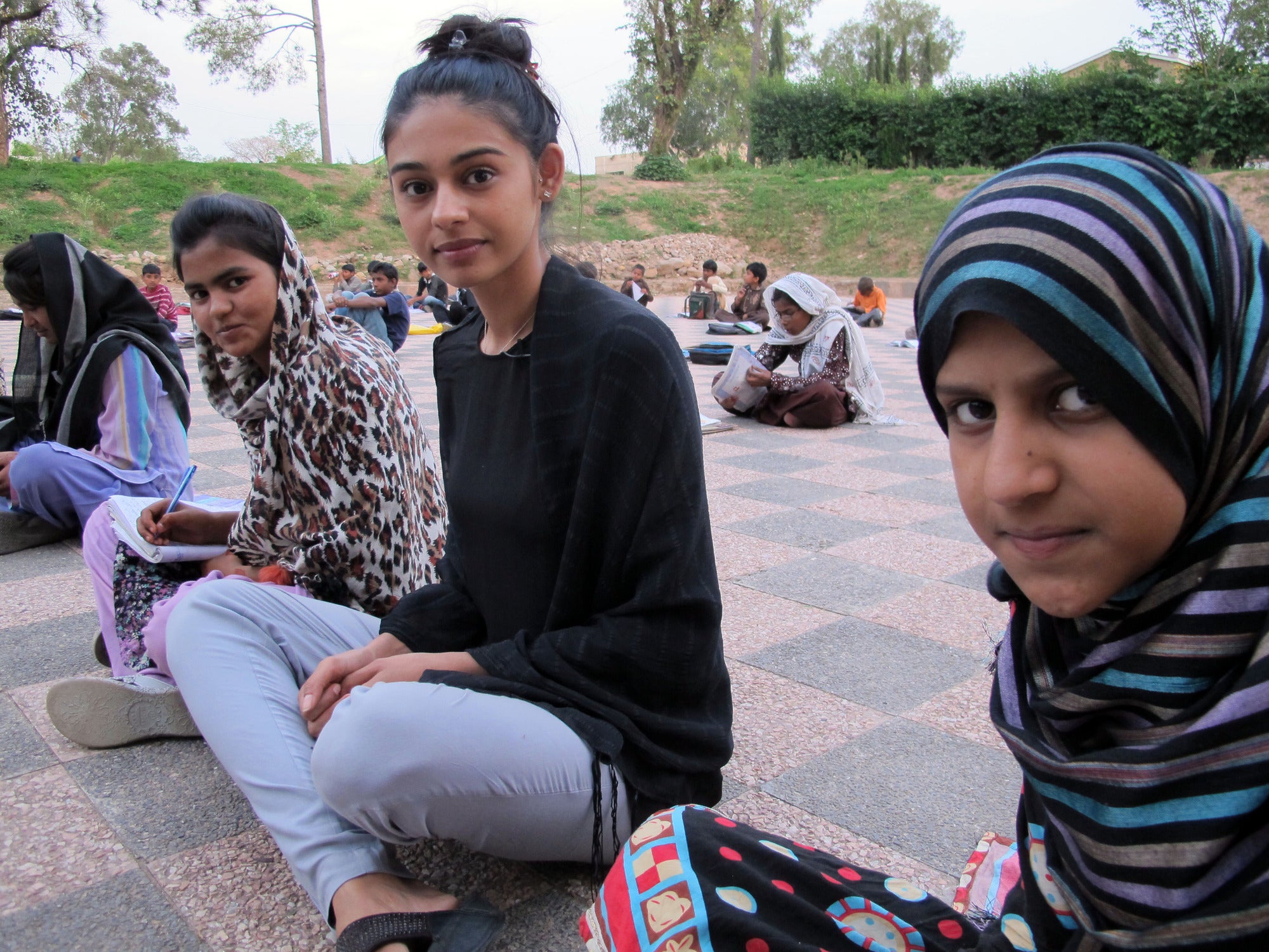TV review: Shot for Going to School (BBC3) is a painful reminder that Malala's situation isn't unique
Horizon – What Makes Us Human? BBC2

Your support helps us to tell the story
From reproductive rights to climate change to Big Tech, The Independent is on the ground when the story is developing. Whether it's investigating the financials of Elon Musk's pro-Trump PAC or producing our latest documentary, 'The A Word', which shines a light on the American women fighting for reproductive rights, we know how important it is to parse out the facts from the messaging.
At such a critical moment in US history, we need reporters on the ground. Your donation allows us to keep sending journalists to speak to both sides of the story.
The Independent is trusted by Americans across the entire political spectrum. And unlike many other quality news outlets, we choose not to lock Americans out of our reporting and analysis with paywalls. We believe quality journalism should be available to everyone, paid for by those who can afford it.
Your support makes all the difference.It's fairly commonplace for schoolchildren to dread going back to school after the weekend, but it's generally because they would rather play than work. In the Swat valley in Pakistan, though, it may be because you fear that men with beards are going to shoot you. If you're a girl, anyway, there being few things as alarming to insecure and inadequate men as the prospect of women who can think for themselves.
Which is why the girls' schools of Swat have been under sustained attack by the local Taliban and why anyone who promotes education for women has become a target. The most high profile of these is Malala Yousafzai, shot in the head for the scandalous impiety of wanting to improve herself. But, as Nel Hedayat's film Shot for Going to School reminded you, Malala isn't unique.
Hedayat, a refugee from Taliban extremism herself, began her filming in the comparative security of Islamabad, where she met another schoolgirl who had spoken publicly about female education after fleeing from the Swat valley. "I saved myself, but I felt mean leaving my friends behind," she said, explaining her decision to give a press conference and live with the inevitable death threats that follow. It isn't just theological bluster either. In Swat, girls have had acid thrown in their faces for walking alone in public and the Taliban proudly videotape their brutalities and upload them to the internet.
Swat was too dangerous to visit, but you don't have to go far to find evidence of extremism. In Swabi, just 60 miles from Islamabad, Hedayat inspected bombed-out schools, moving on quickly before word of a foreign film crew could reach the wrong ears. And it isn't just rural districts that are susceptible to the vicious zealotry of the Taliban. In Karachi, Hedayat pointed down the road at a district that has become a no-go zone for the authorities, before visiting the site of a recent attack on a girls' school prize day. The headmaster was shot dead and several girls seriously injured by the grenade that was rolled through the door as an afterthought. Uncollected trophies still lay on the floor.
Hedayat couldn't persuade the Taliban to explain their education policy, but she did go to visit the Red Mosque in Islamabad, where she watched a class of burka-clad girls studying how not to think in the mosque's madrasah. She also met the mosque leader, who wouldn't look at her directly because he believed it would be un-Islamic. He supplied a fine example of the kind of analytical intelligence a madrasah promotes by first regretting the attempted murder of Malala and then denying that it had ever taken place: "Where is the evidence that she was attacked?" he said. Such people have to protect their children's ignorance, you realised, because it's the only soil in which their own unthinking piety can flourish.
The desire to learn, Alice Roberts pointed out in Horizon – What Makes Us Human?, isn't an optional extra for our species but absolutely central to any definition of what a human is. Like quite a few Horizons recently, the ratio of padding to content here was wildly out of kilter. Watching these films is a bit like getting one of those Amazon deliveries in which a box the size of a steamer trunk arrives, only to disgorge huge quantities of styrofoam pellets and cardboard spacers and finally, virtually lost in the wrapping, the thing you ordered in the first place. And it's not that the box is entirely empty.
There were interesting sequences regarding the fairness instinct in small children and one scientist's attempt to create a definitive wiring diagram for the human brain (at present rates of progress it would take around four million years to complete). It's just that you can't help wondering how much more stuff they'd be able to get in if they dispensed with 80 per cent of the bubble wrap.
Join our commenting forum
Join thought-provoking conversations, follow other Independent readers and see their replies
Comments